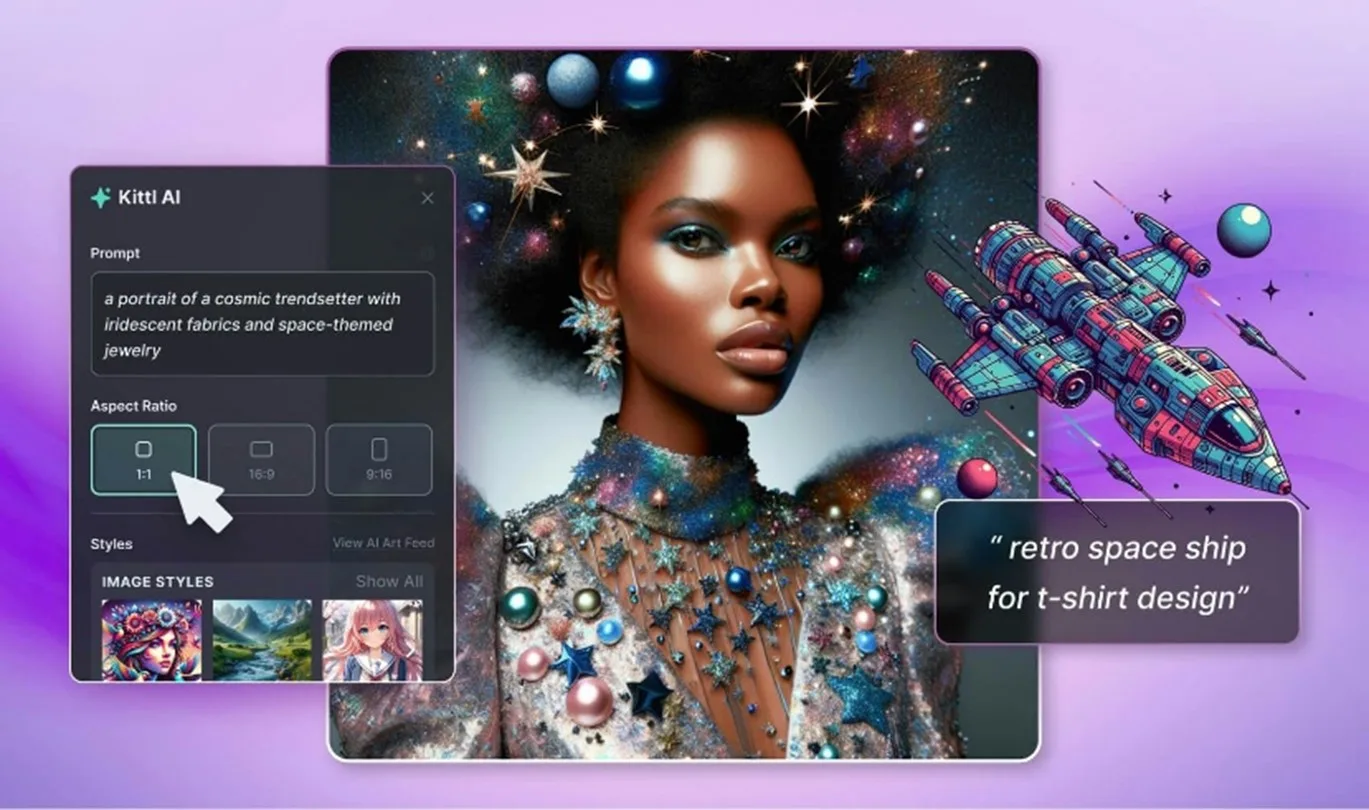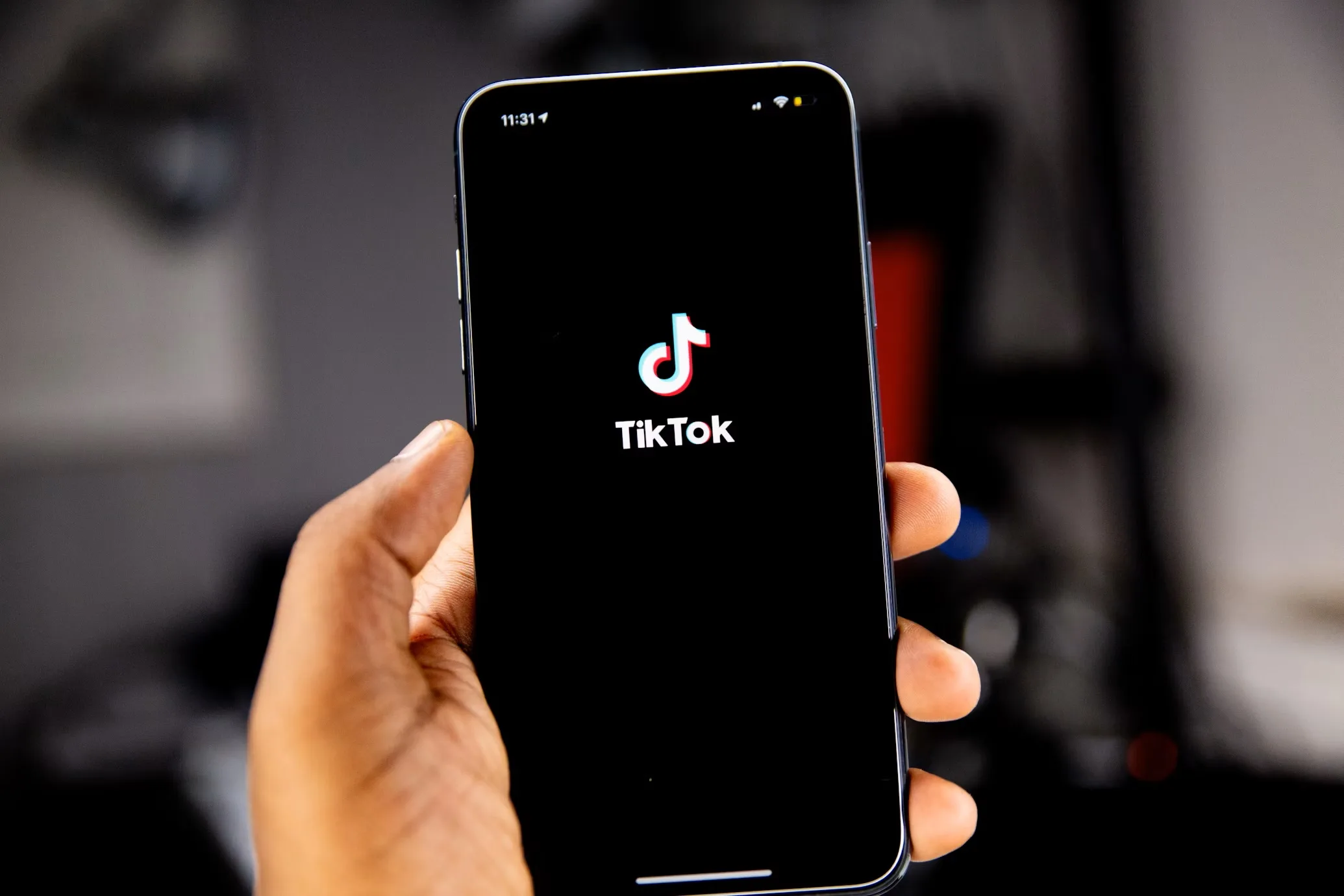
For millennial males, there’s no questioning that the face of
masculinity is changing. Ideas that were once set in stone around what
motivates men have, in recent times, been rocked to their very core. The stoic,
uncaring, power-hungry male only interested in money, cars and women is now as
much an outdated stereotype as the housebound wife, waiting patiently with
dinner on the table. Social change, the acceptance of progressive ideas and the
urge to be more responsible have helped carve a new path for men when it comes
to the way they are represented in the media – allowing them to shake off
‘macho’ conventions and become something much more.
But no single event in recent times has quite shifted the media
landscape like the fallout of last year’s #MeToo movement. As society attempts
to stamp out ‘toxic masculinity’, brands have responded in turn, creating
ever-more ingenious marketing techniques in an effort to appeal to the
conscientious consumer (and fulfil their own responsibility to their
audiences).
As a result, brands are now entering uncharted territory, creating
campaigns that are steadfast in their approach and unafraid to tackle difficult
issues head-on. A risk that, if executed properly, can be incredibly positive
and have a real impact. But, creating controversy does not come without
casualties. So how should brands be communicating to men in the wake of the #MeToo
movement?
Be brave and be bold
One only has to look at Nike’s 2018 ‘Just to Do It’ campaign to
understand the impact of a well-timed ad and how it can light the touch paper
around socially sensitive matters. In today’s market, male consumers are
demanding that brands looking to stand out from the crowd be brave in their
messaging and willing to stick their head above the parapet to really mean something.
But remember, it’s highly unlikely that this approach will please everyone.
Only recently did Gillette find itself in hot water after its recent campaign asked men to
promote a new kind of positive masculinity – playing on the 30-year-old tagline
‘The best a man can get’ and changing it to ‘The best men can be’. After
hitting 4 million views in 48 hours on YouTube, the ad elicited a response of
deep praise but also deep resentment, with some men finding it patronising and
offensive.
The reaction was so strong that some consumers even went as far as to boycott the brand, throwing away their razors in protest. Some high-profile celebrities took to Twitter to express their outrage, arguing that politics doesn’t belong in the realms of shaving brands.
Whether you thought it was an ad that cut a little too close to
the bone or whether you saw it as a positive step in improving the world we
live in, there’s no mistaking the marketing wallop an ad with a strong message
can deliver.
Make it emotive
One of the reasons the Gillette ad delivered such a strong
reaction was because of the emotion it evoked from its viewers. The modern man
is a complicated creature, one who is open, unafraid to express their emotions,
a person who cares. So, if brands want to connect with their male audiences,
they need to understand that men have feelings too. Brands looking to peddle
age-old ideas of heterosexual machoism, in today’s market, simply aren’t going
to cut the mustard. So damaging are these stereotypes, that recently the
Advertising Standards Authority (ASA) introduced new
rules that will prevent advertising messages from promoting
outdated gender stereotypes.
An interesting study from the University of British Columbia has also revealed that
Millennial Men are more likely to be selfless, socially engaged and
health-conscious as well as “value altruism and self-care above traditional
male qualities”. Marketeers, take note. It seems that brands that go
beyond standard ways of advertising to help inspire and better men are more
likely to resonate with their target audiences.
An example of this is Dove Men+Care, which recently got it right with
its ‘Dear Future Dads’ campaign, which launched on Father’s Day and championed paternity
leave for new fathers.
If it’s not authentic, it won’t stick
Although men are now looking at brands to offer them much more
than a simple product, if they’re really going to communicate then their
message must be authentic. The #MeToo movement has been the spearhead for a growing
legion of men looking to do right the thing – but what it means to be a good
man is an evolving concept. If brands are going to stay relevant, they need to
be aware of this ever-changing climate and ensure that they get it right.
Consumers can sniff insincerity from a mile away, so if brands are plugging a
positive social message, then it needs to come from the heart.

Navigating the fast-paced media landscape requires a dedication to innovation and a deep grasp of industry trends. At the heart of this transformation is Artificial Intelligence (AI), a total game-changer reshaping how we handle tasks and workflows. If the thought of this new ‘co-worker’ freaks you out as much as… Read more

We’ve delved into the minds of some of the biggest brand innovators around to uncover their secrets of success and inspiration. Brands aren’t just threads in life’s fabric; they’re engines of inspiration. Behind these brands are some of the world’s most influential leaders, driving change and innovation. That’s why we’ve… Read more

It’s no secret that we’re currently living through the age of social media, where platforms such as TikTok have become more than just entertainment hubs with viral dances and comedic skits — but now a powerful marketing influence that’s totally shaping consumer behaviours and trends, particularly in world of grocery… Read more